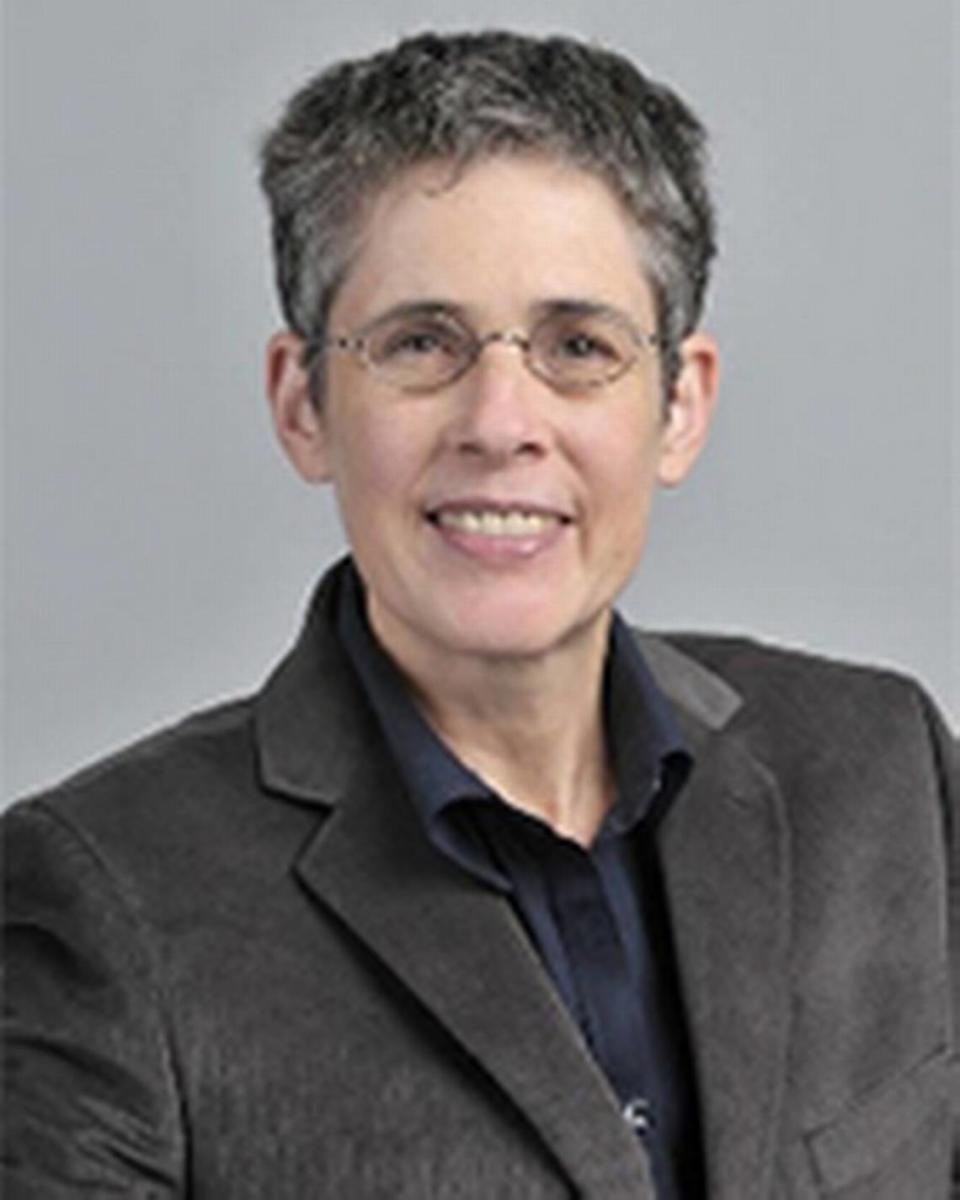Don’t deter the huddled masses. Deter private prison kleptocrats who profit off them | Opinion
“If Washington still wants to ‘do something’ about immigration, we propose a five word constitutional amendment: There shall be open borders.”
These are not the sentiments of a John Lennon groupie, but the Wall Street Journal editorial board. On the occasion of Independence Day celebrations forty years ago the WSJ asked voters to “spare a thought for today’s huddled masses, yearning to be free” and reject an anti-immigration bill.
Flash forward to recent years, when residents in Chicago and New York City complain about newcomers who jump the line and crowd out citizens from access to government resources. These images, alongside those of politicians proclaiming an immigration crisis, suggest that the “nativist patriots scream(ing) for ‘control of the borders’” the WSJ criticized were correct all along, and that the editorial’s claims about the overall economic benefits from open borders were wishful thinking.
Bellwether federal litigation coming out of Washington State tells a different story. Witness testimony and evidence that emerged during litigation against the private prison firm GEO Group revealed for the first time how a federal rule enacted in 1983 and seemingly unlawful conduct is behind our government’s massive deficits of money and democracy, not immigrants.
The WSJ was making predictions about the benefits of immigration based on theories of free markets. But the dirty little secret of the Reagan administration is that while it preached a doctrinaire market economics, it enabled a bipartisan government of thieves, one whose depredation of U.S. taxpayers has produced an electorate so disenchanted with their parties’ leaderships that they attack the camera-ready huddled masses, the trillions extracted from us through lobbyist legalese too obscure and complex to protest.
In the fall of 2021, I was in the courtroom when a GEO official first testified on the firm’s 16% to 19% net and 37% gross profits from running the Tacoma facility from 2010-17, over twice the return for the lodging industry in this time frame. Even though my research helped catalyze lawsuits across the country charging GEO with violating labor laws, this was the first I learned of GEO’s profits, “trade secrets” the firm guards zealously.
To justify the tens of millions of taxpayer dollars pocketed, GEO’s Vice President Amber Martin did not describe any special innovations of management or technology, nor any spiffy financing strategy, as one might expect from a firm with such impressive returns. Instead, Martin calmly revealed the kleptocracy’s effectively secret password, “FAR 15-404-4.”
When court adjourned, I looked up FAR 15-404-4, a federal regulation with a subsection entitled “Profit.” It requires government purchasers to guarantee firms “motivating” profits.
“Huh?” I thought.
In a free market, sellers determine what profit levels are sufficient to motivate their sale of goods or services. Nonprofits set that rate at zero. You might tip a barista. You do not add a buck to your payment for a Salted Caramel Mocha to give Starbucks “motivating” profits.
I showed FAR 15-404 to my social science colleagues. They were perplexed. One wondered whether the U.S. was alone in this. I looked to Austria, Canada, and England, which also privatize many government services. None have anything resembling the U.S. Profit Rule.
Created in 1983 under the supervision of a former official for a major military contractor, the Profit Rule violated Congress’s mandate for agencies to adopt protocols to “acquire property and services of the requisite quality and within the time needed at the lowest reasonable cost, utilizing competitive procurement methods to the maximum extent practicable.”
The federal jury in 2021 found GEO was subject to the Washington State minimum wage law and owed the people in their custody back-wages of $17.3 million. District Court Judge Robert Bryan also found the one dollar/day GEO was paying those detained for work to fulfill GEO’s federal contract was unlawful. Bryan, a Reagan appointee, ordered GEO to disgorge an additional $5.9 million in unjust enrichment to the State of Washington.
In May 2023, Gov. Jay Inslee signed a law responsive to numerous reports on the facility’s sordid conditions and the hunger strikes.
In December, 2023, the Washington Supreme Court upheld Judge Bryan’s rulings and the jury’s verdict. The justices, 8-0, informed the Ninth Circuit now reviewing GEO’s appeal that the people cleaning GEO’s showers, cooking meals, and doing the laundry fit the state’s definition of “employees” and should not be excluded from wage protections by an exemption for those in government-run facilities.
Yet, like the indefatigable Freddy Kruger, the forces favoring profit over people rose again. In February, 2024, the Justice Department filed with the Ninth Circuit an amicus brief on behalf of GEO, an error-laden document that takes positions even the Trump administration’s attorneys had rejected. A few weeks later, Federal District Court Judge Benjamin Settle granted GEO’s motion to declare the 2023 state law unconstitutional.
The truth is that the profit rule GEO’s vice president touted as a shield is its Achilles’ heel. It proves the state’s key point in both lawsuits: organizations motivated by profit are special and do not merit the discretion policymakers afford to government-run facilities that earn no profits and are purposed by public welfare and accountability.
The real threat to the American way of life is inside the house. To honor the revolution against an extractive tyrant, those seeking redress for the lowering of their standard of living should sue the Office of Management and Budget and demand retraction of an unlawful rule. And the DOJ should withdraw its brief.
To protect American democracy, we need to deter and imprison kleptocrats, not immigrants.
Professor Jacqueline Stevens teaches political theory at Northwestern University. She is the author of “States Without Nations: Citizenship for Mortals” and founding director of the Deportation Research Clinic in the Roberta Buffett Center for Global Affairs.



